|
|
|||||
As Mpox cases continue to spread, we take a closer look at the (in)adequacy of the global response. |
|||||
|
|
|||||
Heeding the callIt’s been over two weeks since Mpox was declared a public health emergency of concern. The first 10,000 vaccines (finally) arrived in Nigeria this week – hopefully the start of a deluge, not a trickle. History shows we must act quickly and decisively when a public health emergency strikes. The current Mpox outbreak is putting global leaders and institutions to the test. The Africa CDC has called for global support and solidarity; countries and companies must answer that call by ensuring vaccines and diagnostics are readily available. Without these tools, countries will once again be left defenceless against a deadly virus. – Jenny Ottenhoff, Senior Policy Director for Global Health 3 things to know1. Mpox is on the move. The current Mpox epicentre is the DRC, but it’s spreading, with cases popping up in Asia and Europe in recent weeks. Over 22,000 Mpox cases and 622 Mpox deaths have been reported in 15 African countries this year. More than 100 countries have reported infections. Most of those cases involve the “Clade 2” variant. A newer, deadlier variant (“Clade 1b”) has been detected in Burundi, Democratic Republic of Congo, Kenya, Rwanda, Sweden, Thailand, and Uganda. Why it matters: As COVID-19 reminded us, viruses don’t respect borders. And with inadequate testing the norm in many countries, we don’t have a clear picture of the disease’s spread. Only 40% of Mpox cases in the DRC are laboratory confirmed – the actual number of cases could be five times higher than reported. With the high number of refugees and internally displaced people in the DRC – populations especially vulnerable to the virus and less likely to access health services and testing – the virus “threatens to exacerbate an already impossible situation.” 2. Global health inequity is alive and well. Mpox vaccines are available in more than 70 countries outside Africa. Nigeria is the only African country with the vaccine (it received its first 10,000 doses – for a population of 230 million people – this week). No other African countries – including the DRC – have acquired the vaccine. That will hopefully change soon: a group of donor countries and vaccine makers has committed to donate over 4 million doses. Why it matters: The recent flood of vaccine commitments is welcome, but it’s still less than half of the 10 million doses needed to control the Mpox outbreak in Africa. The two available Mpox vaccines are produced in Denmark and Japan, making African countries (once again) dependent on the goodwill and whims of external actors. Limited global vaccine production and inequitable distribution put the world at risk of repeating the mistakes of COVID-19. 😐  3. Red tape is slowing down solutions. Regulatory hurdles and bureaucratic processes at the World Health Organization are making it hard for the most impacted countries in Africa to access vaccines. The WHO is expected to grant emergency licences to both vaccines in September – a necessary step before Gavi and UNICEF can purchase and deliver vaccines. In the meantime, it did recently authorise Gavi and UNICEF to begin purchasing vaccines while the regulatory process continues. Why it matters: The Mpox outbreak is testing the systems in place to respond to health emergencies. The next few weeks will determine whether systems designed to improve equity during public health emergencies are working or if the world will repeat past mistakes. With deadlier variants spreading, there’s little time to waste. The Africa CDC is firmly and actively leading the Mpox response in Africa and the international community should follow its lead and provide support quickly and efficiently. From the ONE Team
The numbers
 |
|||||
|
|
|||||
Quote of the week
|
|||||
|
|
|||||
What you should read, watch, and listen to:
|
|||||
|
|
|||||
A look ahead4-6 September: Africa Urban Forum |
|||||
|
|
|||||
The ONE Campaign’s data.one.org provides cutting edge data and analysis on the economic, political, and social changes impacting Africa. Check it out HERE. |
|||||
|
|
|||||
|
|
|||||
Did you like today's email?Loved it Mehhh Hated it |
|||||
|
|
|||||
Did you like today's email?Loved it Mehhh Hated it |
|||||
|
|
|||||
Wie hat dir dieser Newsletter gefallen?Richtig gut! Ging so… Überhaupt nicht. |
|||||
|
|
|||||
|
|||||
|
|||||
|
|||||
|
This email was sent by ONE.ORG to test@example.com. You can unsubscribe at any time. ONE Campaign |
